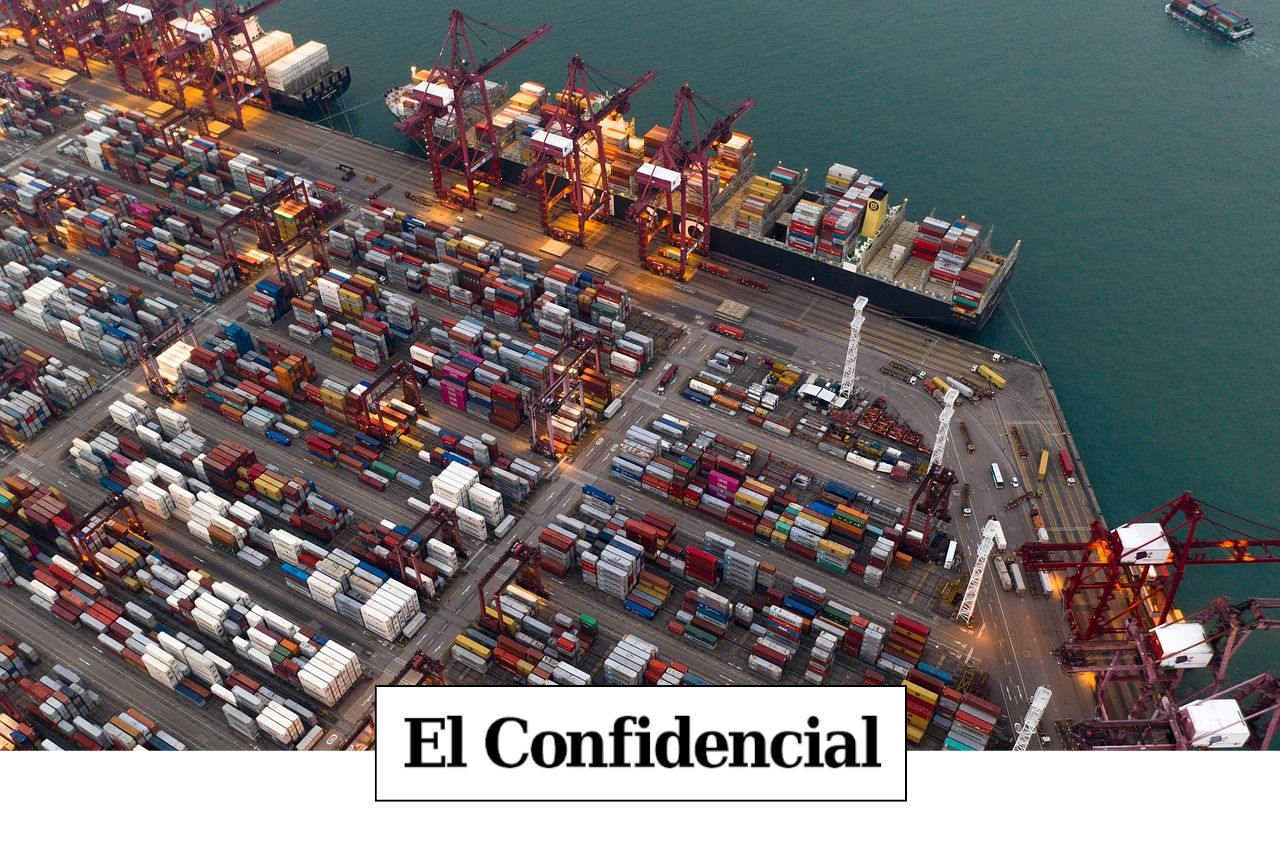It is necessary to assume that the world is on the verge of a new economic scenario, in which protectionism will prevail.
The recent decision announced by the US government to temporarily suspend the imposition of tariffs on some European products, including agricultural products, has been received with some relief both in Brussels and in our country. However, the climate of nervousness in the agricultural sector continues, aware as we are that interpreting this truce as an end to trade hostilities would be a major strategic error.
Tariff crossroads
It is necessary to assume that the world is on the threshold of a new global economic scenario, in which protectionism will take precedence over the dynamics to which we were accustomed. And at this point, Spanish agriculture, a fundamental pillar of our economy and social fabric, is in a particularly vulnerable position.

A few weeks ago, when the echoes of possible tariffs from the Trump administration began to sound, the Ministry of Economy, Trade and Enterprise of the Spanish government estimated in a figure close to 3,800 million euros the agricultural export capital destined for the United States that could be at risk as a result of the measure. Today we are talking about a reality that is not only striking in macro terms, but also threatens hundreds of companies and families that have been working for decades to bring a little piece of our land to the rest of the world.
To visualize the situation, it is useful to look at the past and, at the same time, to understand how these taxes would affect the national agri-food industry in the present. A 25% tariff, such as the one applied in 2019 by the U.S. government to our products -in the previous term of the current president- would imply a drastic damage to the competitiveness of Spanish companies compared to others that, due to their location, are not subject to rates or have lower ones. In practice, this would translate into a significant loss of market share, like that experienced by exporters of wine, olive oil, olives or citrus fruits five years ago.
On that occasion, the damage caused to the Spanish export fabric amounted to some 7,000 million euros. To cite an example, the Spanish black table olive sector alone, penalized with a 35% tariff, reaped losses amounting to 280 million euros, as reported at the time by the employers’ association Asemesa.
An aspect that is not so much talked about, but that worries the sector a lot, is the possible domino effect derived from tariffs. Reducing exports to a market as demanding as the U.S. could lead to surpluses in the domestic market, generating a downward price dynamic at origin that would affect the profitability of the entire value chain. Historically, we have seen how trade barriers in other sectors and countries have had systemic repercussions, forcing us to redirect trade flows and sell at lower prices in alternative markets.
An aspect that is not so much talked about, but that worries the sector a lot, is the possible domino effect derived from the tariffs.
Given this scenario, complacency is not an option. While diplomatic action at the European level will be crucial to defend Spanish interests and seek negotiated and stable solutions, Spanish agricultural companies will have to adopt proactive attitudes to minimize damage and strengthen their position.
One of the most important is the commitment to market diversification. Excessive dependence on a single niche, however important it may be, is today a risk. It will be necessary to intensify efforts to open up and consolidate alternative markets that are emerging as players of interest in the current scenario. Asia, Canada, Latin America or other European countries can offer significant opportunities, although this will surely require investment in market intelligence, adaptation of the product to local tastes and a sustained promotional effort that can be promoted by public bodies such as ICEX Spain Export and Investment.
Likewise, it is necessary to change part of our agricultural production culture. Competing on price alone will be a losing battle in the face of high tariffs. The key may lie in strengthening the commitment to quality, differentiation and added value. Protected Designations of Origin (PDOs), for example, represent invaluable assets to be exploited. Promoting organic agriculture, gourmet products and innovation will help to build a demand that is less price-sensitive and more loyal to the Spain brand.
Competing on price alone will be a losing battle in the face of high tariffs
On this last point, concerning innovation, it is worth pausing for a moment. In a context of tight margins, operational efficiency can be decisive. Investing in agricultural technology not only optimizes the use of resources such as water and energy, but also fosters a climate of business collaboration that can indirectly benefit the sector. In this respect, sustainability, in addition to being a growing value, can become a reliable source of income in the long term.
Spanish agriculture, due to its nature and quality, has ample capacity to overcome the challenges and transform the tariff threat into an opportunity. It will not be easy, but with a firm commitment and public-private collaboration, this can be a viable goal. The temporary freezing of tariffs gives us an interesting margin to start preparing. Because if history has taught us anything, it is that trade barriers are cyclical, but a sector’s ability to adapt is what determines its long-term survival.
News source:

